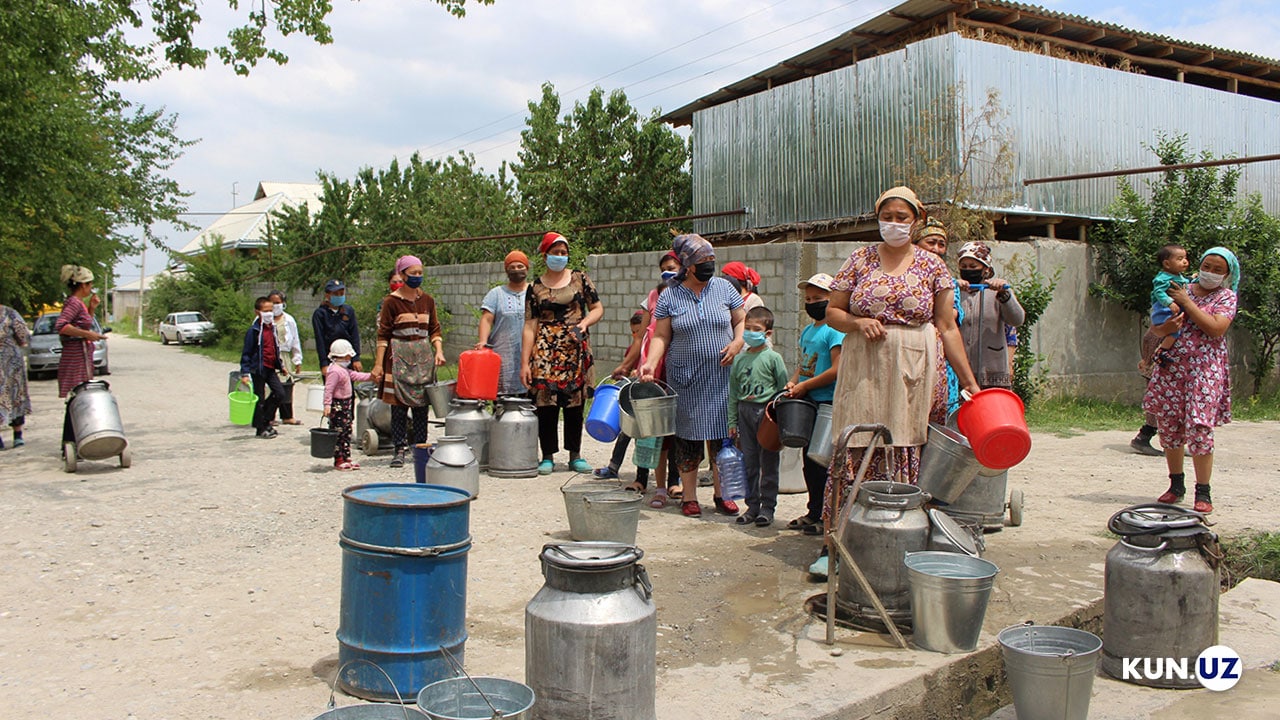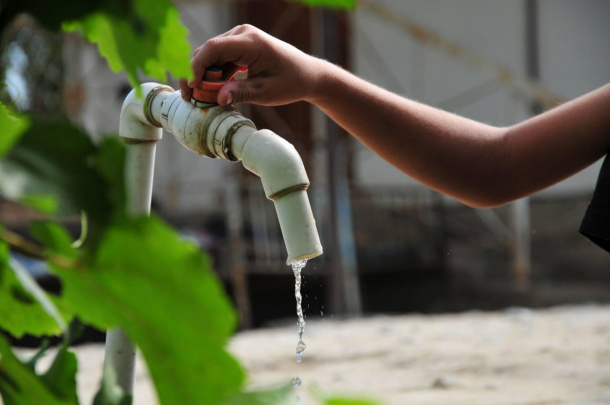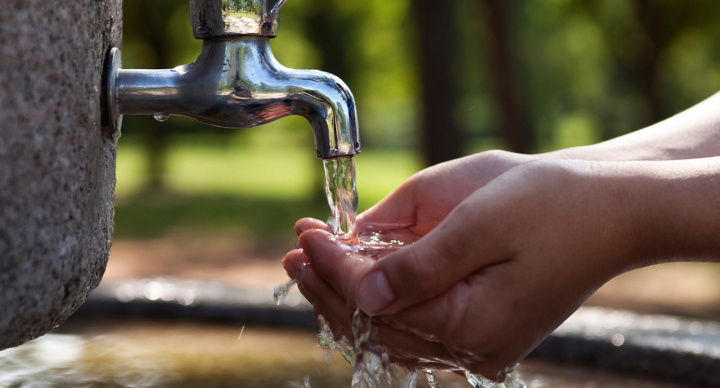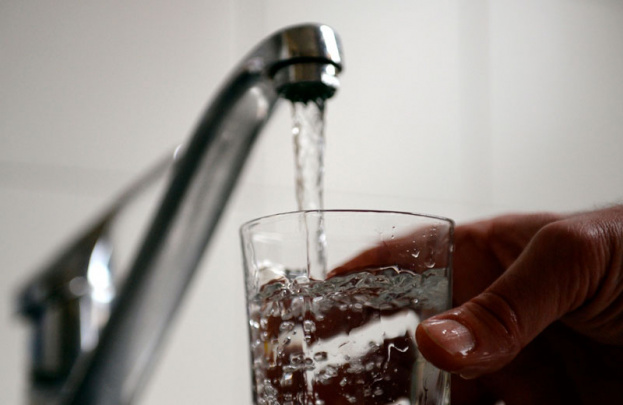Achieving 100% drinking water supply for the population is impossible - Uzsuvtaminot
According to Uzsuvtaminot, achieving full access to drinking water for Uzbekistan’s population is not feasible, though efforts are underway to increase coverage to 95% by 2035. A representative of the organization stated that the remaining 5% consists of remote and mountainous areas where extending water networks is neither technically nor economically viable.

Photo: Kun.uz
Speaking at a press conference at the Agency of Information and Mass Communications on February 12, Uzsuvtaminot leadership confirmed that full access to drinking water remains unattainable.
Despite implementing 68 projects between 2017 and 2022, over 200 projects in 2023, and developing a $2.35 billion plan for 2024 to address water shortages in underserved neighborhoods, officials were asked why Uzbekistan’s population still does not have universal access to drinking water.
Khurshid Rakhmatullaev, Deputy Chairman of Uzsuvtaminot, stated that by 2035, the level of centralized drinking water supply is expected to reach 95% nationwide.
"To be frank, achieving 100% drinking water coverage for the population is impossible. We are currently working on a long-term strategy for 2035, aiming to reach 95% centralized water supply across the country. The remaining 5% consists of remote and mountainous regions where extending water networks is neither technically feasible nor economically justified. For these areas, alternative solutions such as water delivery by tankers or localized water supply systems will be implemented," he explained.
Rakhmatullaev also noted that Uzsuvtaminot is currently working on projects worth $2.1 billion in collaboration with foreign partners.
"Water supply projects require extensive planning, financing, and approval processes. Organizations such as the World Bank, the Asian Development Bank, and the European Bank for Reconstruction and Development provide funding, but these processes take time. Currently, the Strategic Reforms Agency, the Reconstruction and Development Fund, and the Ministry of Investment and Foreign Trade are working together to optimize these procedures," he added.
When discussing factors that negatively impact the completion, quality, and efficiency of water supply projects, he highlighted the following challenges:
Technological constraints – Due to Uzbekistan’s unique geography and climate, foreign technologies recommended by international consultants and experts often require extensive evaluation. Solutions that work in Europe or other regions may not always be suitable for Uzbekistan.
Strict environmental standards – Uzbekistan has higher wastewater treatment standards compared to some developed countries. In many European nations, treated wastewater is discharged into seas, rivers, or oceans, allowing for more lenient regulations. In Uzbekistan, however, wastewater is typically discharged into the ground or rivers that are later used for other purposes. This leads to ongoing discussions and adjustments, which in turn delay project implementation.
Loan agreements and financial commitments – Securing favorable loan agreements while protecting Uzbekistan’s economic interests is critical. Nearly all projects are backed by state guarantees, meaning Uzbekistan must ensure timely repayment and project completion as agreed. Consequently, drafting comprehensive and well-structured loan agreements is a time-intensive process.
Earlier, Deputy Prime Minister and Minister of Economy and Finance, Jamshid Kuchkarov, announced that by March 1, the government aims to resolve water supply issues in more than 850 neighborhoods, allocating 250 billion UZS to the effort.
Related News

17:20 / 20.06.2025
Yuksalish movement criticizes water infrastructure; Uzsuvtaminot defends progress

13:26 / 12.06.2025
Clean water projects in Uzbekistan face major implementation failures

15:43 / 28.05.2025
ADB supports Uzbekistan’s push for smarter water management

20:34 / 26.05.2025



